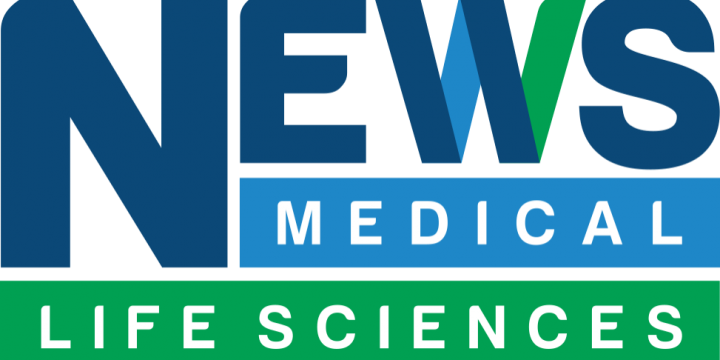Student groups awarded microgrants to promote science in their communities

Research!America and the Rita Allen Foundation are pleased to announce the recipients of microgrant awards of $1,000 to $3,000 provided to 15 graduate student and post-doc led science policy groups for a range of civic engagement activities in their local areas. The 2019 Research!America Microgrant awards focus on engaging both community leaders and policymakers in discussions about the broad societal benefits and local impact of scientific research. New this year is the ‘Science Meets Science’ program which funds two awards focusing on building collaborative efforts between STEM scientists and social scientists, bringing an interdisciplinary approach to local issues. The program is supported by the Rita Allen Foundation.
“As Research!America leads the way in connecting scientists, communities, and policymakers, we are pleased to advance this innovative effort to spark young scientists’ civic engagement and draw on insights from the social sciences,” said Elizabeth Good Christopherson, President and Chief Executive Officer of the Rita Allen Foundation. “With rapid advances in the life sciences and science and technology broadly, the relationships and conversations these groups will build will help inform decisions of great importance to society — and advance a much-needed culture of civic science for the benefit of our communities.”
Student science policy groups from the following academic institutions have been selected for Research!America microgrants: Colorado State University, Duquesne University, Johns Hopkins University, Kansas University, Michigan State University, Mississippi State Valley University, New Mexico Institute of Mining and Technology, University of California at Berkeley, University of California at San Francisco, University of Chicago, University of Florida at Gainesville, University of Massachusetts at Amherst, University of Missouri, University of Wisconsin-Madison, and Virginia Tech.
Examples of this year’s student-led programs and initiatives include a series of roundtable discussions with cybersecurity experts and local officials, a workshop about scientific ethics with students and community members, and a public forum about clean water.




